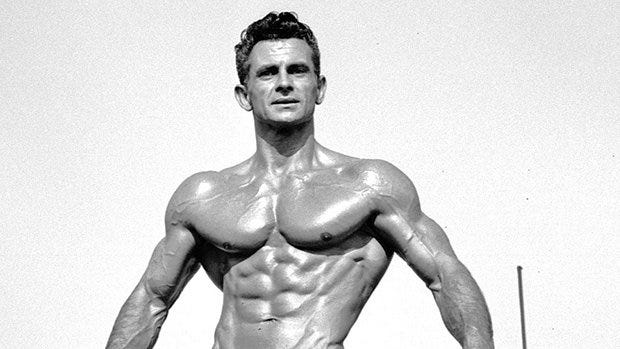THE OG: Diet Introduction I
Let's look at some of the general principles informing Vince Gironda's approach to dieting
Welcome back to THE OG, my series on all things Vince Gironda. We had a little bit of a hiatus, but now I’m ready to tell you everything you want and need to know about Vince’s approach to nutrition and dieting. Let’s start with the basics of his approach, before we examine specific diets in detail.
Once again, all quotations are from Vince’s 1984 book T…




